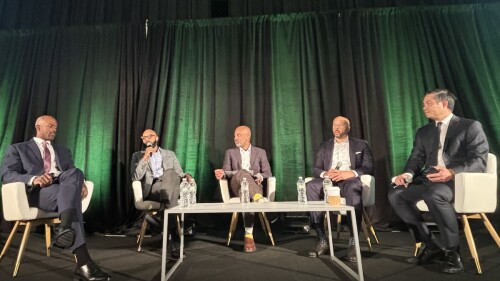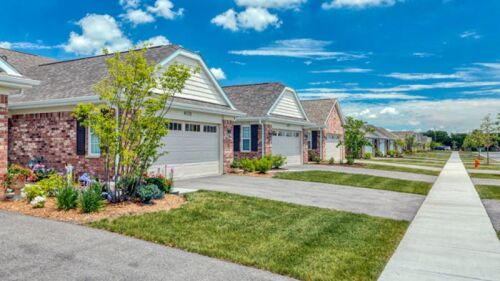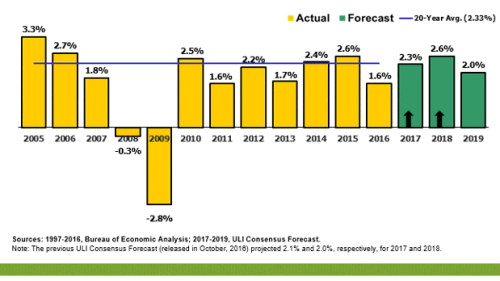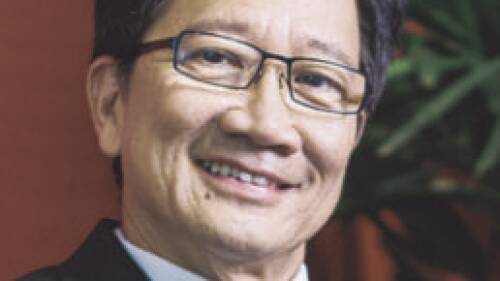Finance – Debt and Equity – Structure/Deals/Vehicles
Despite headwinds, debt funds continue to fill the void in commercial real estate financing.
This is the second installment of Urban Land’s coverage of a special three-part capital markets series held at ULI’s Spring Meeting in New York City (March 9-11; you can read coverage of Part 1 here).
In an era when the costs for infrastructure are skyrocketing, the need for innovative financing structures is more critical than ever. The panel discussion “Accelerating Development with Early-Stage Financing” at the 2023 ULI Spring Meeting provided a fresh perspective on how early-stage capital can expedite development timelines and transform the industry.
In a market that has been disrupted by rising interest rates and unsteady financial markets, single-family rental investors and developers have not lost sight of the bigger picture. Demand for housing still exceeds supply.
Developers and investors seeking capital to finance commercial real estate are facing a new reality in which capital is both more expensive and less available. Borrowers still have options, but those options depend on the credit quality and type of deal, as well as what that borrower is looking for in that loan.
ULI MEMBER–ONLY CONTENT: ULI full member John McNellis considers how real estate professionals have survived financial winters of the past and present.
A diverse group of experts presented a stark analysis of the rollout of federal Opportunity Zones during the recent ULI Housing Opportunity 2019 conference in Newport Beach, California. More than a year after the program was established, there is still confusion over regulations and implementation, they said.
As the only major U.S. city without formal zoning, Houston has a reputation as a freewheeling place where anything goes. But in truth, a complex patchwork of public and private regulation has evolved to impose order.
The latest survey of U.S. real estate economists showed a marked increase in expected economic measures, most likely due to federal proposals to reform the tax code, reduce regulatory burdens, and invest in infrastructure. Compared with the same survey from six months ago, real estate economists have higher expectations about gross domestic product (GDP) growth, employment growth, and housing starts.
A renowned global investor and the chairman of ULI Asia Pacific reflects on opportunity and risk in a low-interest-rate environment.
Encouraging economic news released in August heightened the potential that the Fed will increase interest rates. But this good news proved to be a bit too positive, as it may have contributed to a withdrawal in the real estate investment trust sector. Plus, interest rate survey data from Trepp.
Macy’s has announced plans to close 100 of its 675 traditional full-price locations and to increase investment in its online channel, which heightened concern about bricks-and-mortar retail versus e-commerce and led regional mall REITs lower. Plus, interest rate survey data from Trepp.

![Western Plaza Improvements [1].jpg](https://cdn-ul.uli.org/dims4/default/bf73cb0/2147483647/strip/true/crop/1918x1079+0+0/resize/1440x810!/quality/90/?url=https%3A%2F%2Fk2-prod-uli.s3.us-east-1.amazonaws.com%2Fbrightspot%2Fb4%2Ffa%2F5da7da1e442091ea01b5d8724354%2Fwestern-plaza-improvements-1.jpg)










